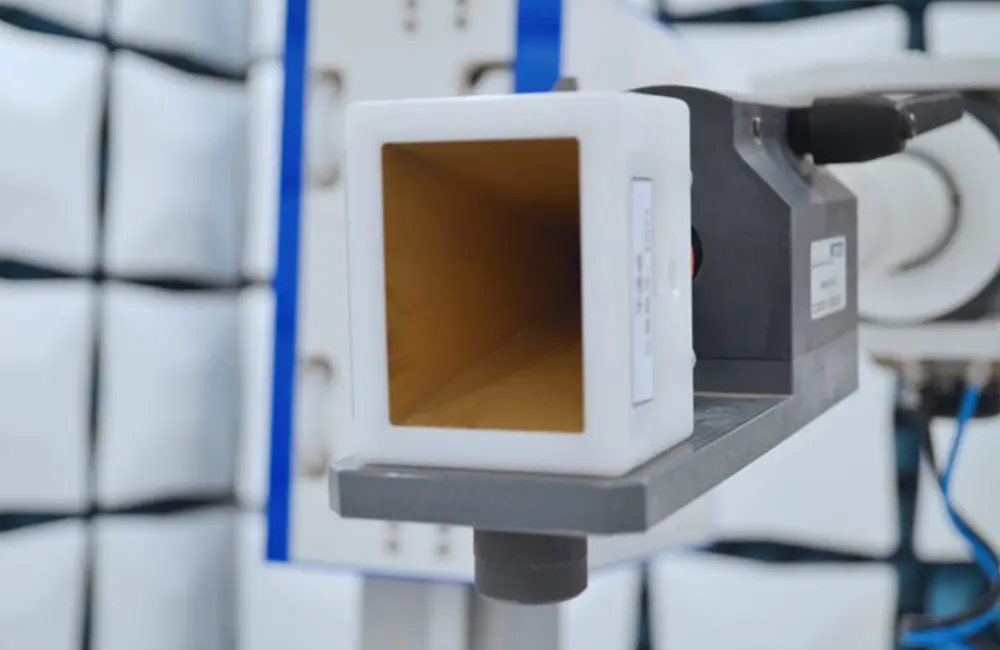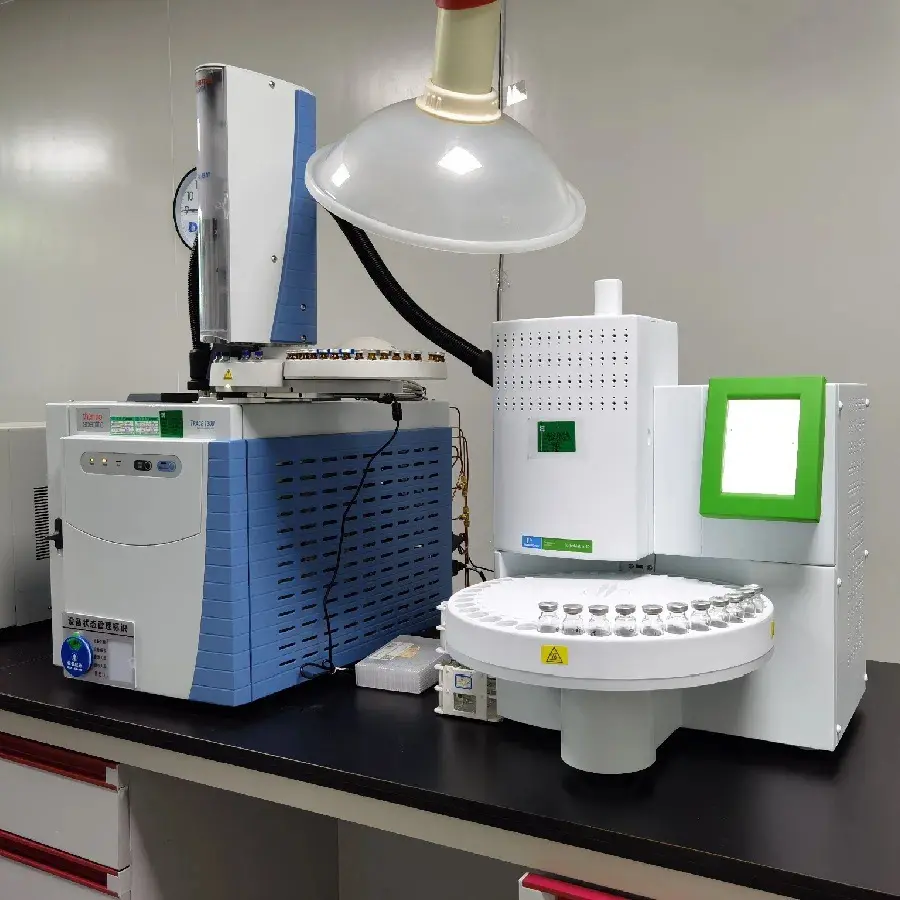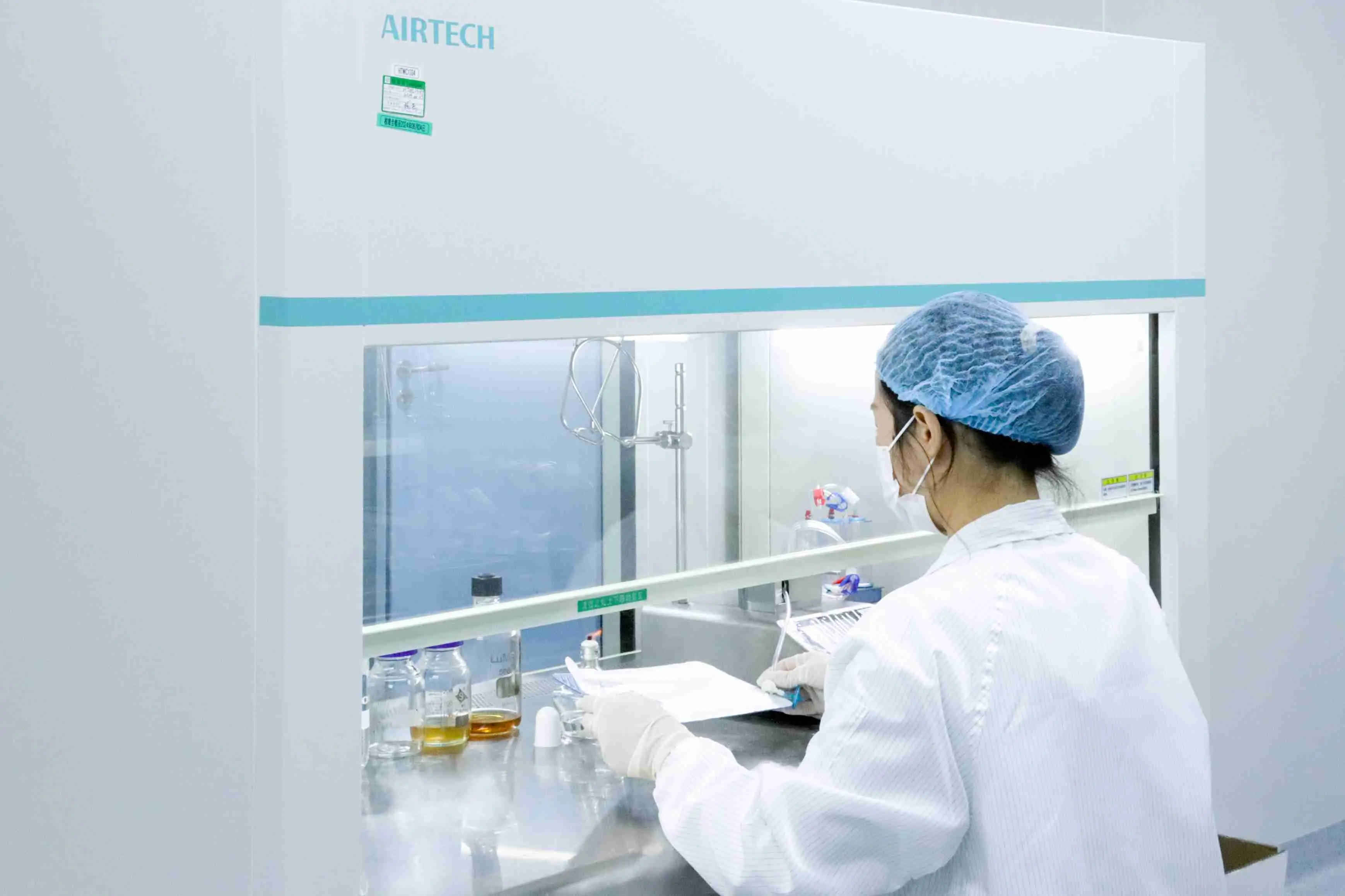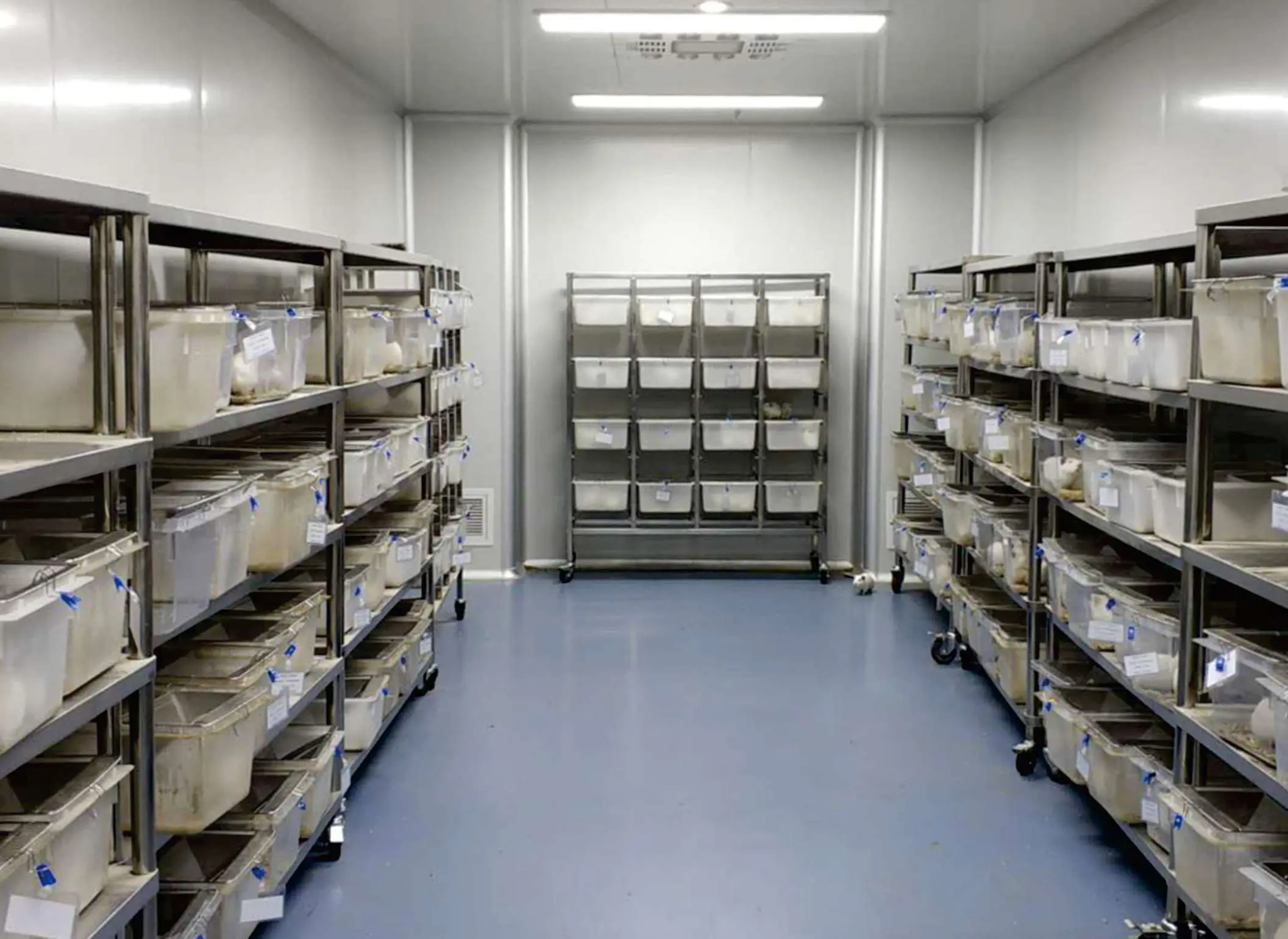
Battery Charger CE Certification EN 60335-2-29:2010 Testing
EN 60335-2-29:2010 is a version of the European standard EN 60335-2-29, which specifies safety requirements and testing methods for household battery chargers. The EN 60335-2-29 standard primarily applies to the following types of products:

- Household chargers: Including battery chargers, power tool chargers, mobile device chargers, etc.
- Low-voltage power supply devices: Such as adapters and converters for household appliances.
- Integrated household appliances and power tools: Such as vacuum cleaners, shavers, electric toothbrushes with built-in batteries.
- Mobile power supply devices: Such as mobile power banks, portable chargers, etc.
- Other similar household appliances: Such as car chargers, motorcycle chargers, etc.
It is important to note that the EN 60335-2-29 standard applies to the safety requirements of household appliance chargers and related products to ensure they do not pose a hazard to users and the surrounding environment under normal use.
EN 60335-2-29:2010 Standard Testing Items:
1. Marking and instructions
2. Protection against access to live parts
3. Starting of motor-operated appliances
4. Input power and current
5. Heating
6. Leakage current and electric strength at operating temperature
7. Moisture resistance
8. Leakage current and electric strength
9. Overload protection of transformers and associated circuits
10. Endurance
11. Abnormal operation
12. Stability and mechanical hazards
13. Mechanical strength
14. Construction
15. Internal wiring
16. Power connections and external flexible cords
17. Terminals for external conductors
18. Provision for earthing
19. Screws and connections
20. Creepage distances, clearances, and solid insulation
21. Resistance to heat and fire
Common CE certification Testing Items:
1. High-temperature test: Checking if the charger can operate normally under certain environmental temperatures and automatically stop charging in case of overheating.
2. Overcurrent protection test: Simulating whether the charger can automatically stop charging under abnormal conditions to prevent excessive current from damaging the charger or charging device.
3. Overheat protection test: Checking if the charger can automatically stop charging in case of overheating to prevent fire or safety accidents.
4. Insulation resistance test: Testing the insulation performance of the charger to ensure it does not pose an electric shock risk to users under normal use.
5. Mechanical strength test: Checking the mechanical stability and structural strength of the charger to ensure it does not cause physical harm to users under normal use.
6. Plug and unplug test: Simulating the number of times the charger is plugged and unplugged into the power adapter and checking the stability of the plug and socket connection.
7. Voltage withstand test: Checking the insulation performance of the charger to determine if it can withstand the rated voltage under normal operating conditions.
8. EMC test: Testing the electromagnetic radiation and electromagnetic immunity of the charger to ensure it does not interfere with other electronic devices and can operate normally under external electromagnetic interference.
These testing items are just a common part, and specific testing items may vary depending on the standard version and product type. It is recommended to consult and determine specific testing requirements with a certification body before conducting CE certification tests.
Certifications Required for Battery Chargers to be Sold in the EU Market:
1. CE Certification: CE certification is a mandatory product certification system in the EU, applicable to numerous electronic products, including battery chargers. This certification requires products to meet the relevant EU regulations and safety standards, such as the Low Voltage Directive (LVD) and the Electromagnetic Compatibility Directive (EMC). Obtaining the CE certification mark indicates that the product meets EU safety and quality requirements.
2. ROHS certification: RoHS (Restriction of Hazardous Substances Directive) is an EU environmental restriction requirement that limits the content of certain hazardous substances in electronic products, such as lead, mercury, cadmium, etc. Battery chargers need to comply with RoHS directive requirements to ensure the product is environmentally friendly and meets EU market requirements.
3. Electromagnetic Compatibility Certification: Battery chargers need to undergo electromagnetic compatibility testing to ensure that the product does not interfere with other surrounding devices during normal operation and can withstand external electromagnetic interference.
China JJR Laboratory is an IEC 17025 accredited laboratory that provides battery charger CE certification EN 60335-2-29:2010 testing services.
Email:hello@jjrlab.com
Write your message here and send it to us
 LoRa Certification Testing Laboratory
LoRa Certification Testing Laboratory
 Blood Pressure Monitor Certification Testing Servi
Blood Pressure Monitor Certification Testing Servi
 ECG Device Certification Testing
ECG Device Certification Testing
 Pulse Oximeter Certification and Testing Standards
Pulse Oximeter Certification and Testing Standards
 IVD Medical Device GB 4793:2024 Test Report
IVD Medical Device GB 4793:2024 Test Report
 IECEE CBTL Testing Laboratory for IVD Medical Devi
IECEE CBTL Testing Laboratory for IVD Medical Devi
 China OECD GLP-Certified Laboratory
China OECD GLP-Certified Laboratory
 Packaging Validation ISO 11607 Test Report
Packaging Validation ISO 11607 Test Report
Leave us a message
24-hour online customer service at any time to respond, so that you worry!




